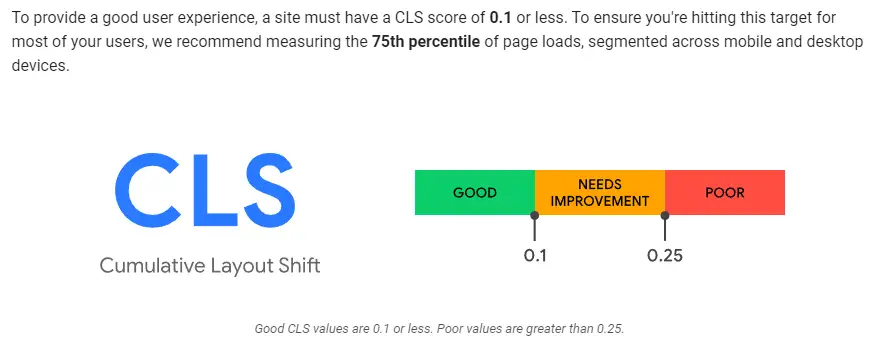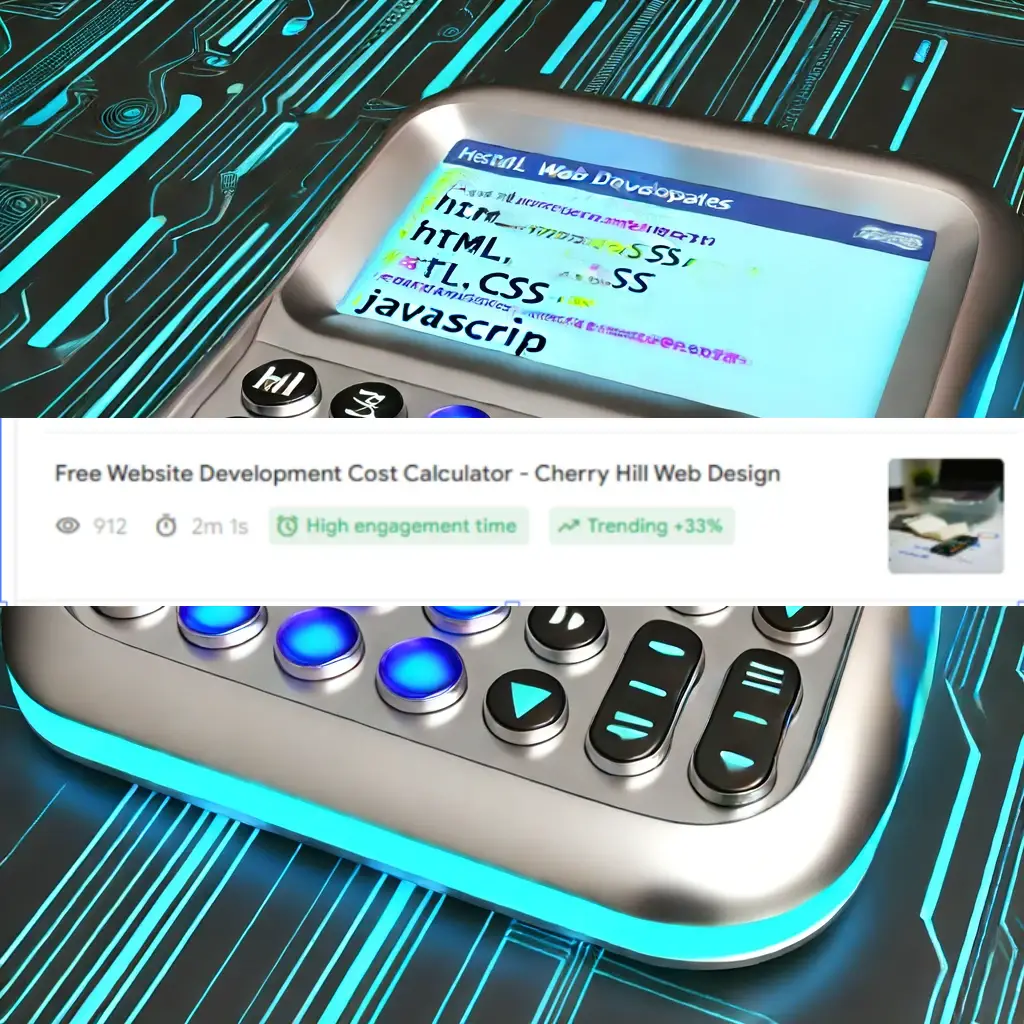
Roaring Kitty GameStop Short Squeeze: Unveiling Financial Market Dynamics
Keith Gill, also known as Roaring Kitty, is a name that sparked massive interest in the stock market world, particularly surrounding GameStop. Gill's bullish stance on GameStop's stock led to an unprecedented short squeeze, causing the stock's value to skyrocket. This dramatic rise in share prices captured the attention of both small-time investors and large financial institutions.

During the height of the COVID-19 pandemic, Gill shared his analysis on Reddit, under the alias DeepFuckingValue, creating fervent discussions and drawing in a community of investors. This resulted in GameStop shares experiencing incredible surges, such as a significant 74% spike when Gill posted a meme after a long hiatus, further demonstrating his influence in the market.
Gill's endeavor showcased the power of online communities in shaping stock prices. He managed to accumulate nearly $116 million worth of GameStop shares at one point, illustrating the impact of collective investor movements. The aftermath of these events continues to be a topic of intrigue and study in understanding market dynamics.
Key Takeaways
- Keith Gill, also known as Roaring Kitty, led a short squeeze in GameStop stock.
- Gill shared his analysis on Reddit, garnering massive investor interest.
- The GameStop surge highlighted the influence of online communities in trading.
The Genesis of GameStop's Share Surge
GameStop's share surge originated from strategic social media campaigns and the influence of key figures like Roaring Kitty. Retail investors played a crucial role in driving the stock's dramatic rise, particularly through online communities and coordinated efforts.
Role of Social Media and Subreddit Communities
Social media platforms, especially Reddit, played a pivotal role. Communities like WallStreetBets were instrumental in rallying support. Members shared analysis, memes, and investment strategies, effectively creating a cult following for so-called meme stocks.
These online forums allowed for rapid dissemination of information. Traders could coordinate buying actions in real-time, amplifying the influence of retail investors. Social media-enabled retail investors to bypass traditional financial channels, leading to broader participation.
Impact of Retail Investors and Roaring Kitty
Retail investors, often using platforms like Robinhood, greatly influenced GameStop's share price. Prominent among these was Keith Gill, known as Roaring Kitty. His posts and videos analyzing GameStop stock provided valuable insights and built trust within trader communities.
Roaring Kitty's massive investment, reportedly worth $116 million, reignited interest in GameStop. His public buy-in and confidence inspired thousands of retail investors to follow suit, driving the stock price higher. This surge highlighted the collective power of individual investors.
Short Selling and the Mechanisms of a Short Squeeze
The dramatic rise in GameStop's shares can also be attributed to a phenomenon known as a short squeeze. When hedge funds and other short sellers bet against a stock, they profit if the stock price falls. However, if the stock price rises, they face potential losses.
In the case of GameStop, retail investors' coordinated buying caused the stock price to skyrocket. This forced short sellers to buy back shares at higher prices to cover their positions, further driving up the price. This created a vicious cycle where the more the price increased, the more short sellers had to buy, worsening their losses.
Aftermath and Analysis of the GameStop Phenomenon
The GameStop short squeeze involved huge price swings and attracted attention from regulators, influential figures, and retail traders. It raised concerns about market dynamics and long-term impacts on trading.
Market Dynamics and Regulatory Scrutiny
After the GameStop shares surged in early 2021, the event highlighted significant changes in market dynamics. The rapid price increase was partly fueled by retail traders on the WallStreetBets subreddit using apps like Robinhood. As prices climbed, regulatory bodies began to scrutinize the trading frenzy more closely.
Congressional hearings were held to understand the impacts on market stability and to consider more oversight. Key figures, like Robinhood’s CEO and Keith Patrick Gill (also known as Roaring Kitty), testified about the influx of retail investors. Regulators from Massachusetts and other states looked into practices by platforms and hedge funds during this period, stressing transparency and fair trading.
Influence of Key Figures and Entities
Key individuals and entities played essential roles in the phenomenon. Ryan Cohen, an activist investor, significantly influenced GameStop Corp by buying a large stake and joining the board, which spurred investor interest. Similarly, Keith Patrick Gill, who posted about GameStop on YouTube and the WallStreetBets subreddit, contributed to the stock's surge by encouraging mass buying.
Entities like AMC Entertainment Holdings Inc, BlackBerry, and Koss Co also saw share price increases as part of the broader meme stock frenzy. Media outlets, including Reuters, covered the story extensively, bringing more public attention. The involvement of these figures and companies showed the power of social media and collective action in stock markets.
Long-Term Implications for Retail Trading
The GameStop event could change retail trading for the long term. Retail participation saw substantial growth, driven by easy-to-use trading apps and low commissions. This shift democratized stock trading but also brought risks, as seen in the sharp price movements for GameStop and meme stocks like AMC and BlackBerry.
Investors now recognize the influence of social media and online communities, such as the WallStreetBets subreddit, on stock prices. Regulatory bodies continue to discuss measures to protect retail investors, ensuring fair practices among trading platforms and hedge funds. The GameStop saga underscored the need for balancing market access with regulatory safeguards to maintain market integrity.
Frequently Asked Questions

The GameStop short squeeze involved a dramatic surge in GameStop's stock price, driven by retail investors and social media platforms, significantly impacting hedge funds. Roaring Kitty played a crucial role in this event.
What was the peak trading price of GameStop stock during the short squeeze?
During the short squeeze in January 2021, GameStop stock peaked at over $480 per share. This represented a massive increase from its previous trading levels.
Who is Roaring Kitty and what role did he play in the GameStop saga?
Roaring Kitty, whose real name is Keith Gill, became famous for his social media posts promoting GameStop. His analysis and enthusiastic endorsements were key factors in convincing retail investors to buy the stock, leading to the short squeeze.
How did the GameStop short squeeze impact hedge funds?
Hedge funds that had shorted GameStop stock experienced huge losses during the short squeeze. Some funds faced billions in losses as they were forced to cover their short positions at much higher prices.
What strategies did retail investors use to influence GameStop's stock price?
Retail investors used strategies like purchasing large volumes of GameStop shares and options. This created upward pressure on the stock price, forcing short sellers to buy back shares at higher prices and further driving up the price.
In what ways did social media platforms contribute to the GameStop short squeeze?
Platforms like Reddit, especially the subreddit r/WallStreetBets, played a pivotal role. These platforms enabled retail investors to share information, coordinate buying strategies, and build momentum, amplifying the effect on GameStop’s stock price.
What were the legal implications faced by participants in the GameStop trading frenzy?
Participants in the frenzy faced various legal implications. Regulatory agencies began investigating potential market manipulation and trading irregularities. Some brokers also faced scrutiny for temporarily restricting trades on GameStop during the peak of the frenzy.





















